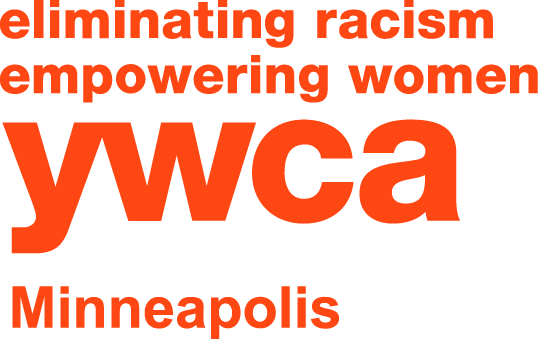Verdict in Trayvon Martin Case is an Opportunity for Discussion and Action
"Not guilty."The words rang in the courtroom and the ears of many throughout the nation as the jury acquitted George Zimmerman in the death of young Trayvon Martin. Emotions raced -- frustration, confusion, desperation. I believe one woman from Harlem said it best: "While the verdict may be legal, a verdict that doesn't take into account what happened is a broken legal system."This case shined a spotlight on the everyday incidences of racial profiling and the unequal valuing of human life in the United States. While some argue that race had nothing to do with this case, many others know the unfortunate truth. Recent research shows that, compared to crimes with both white victims and perpetrators, "Stand Your Ground" laws like the one in Florida increase the likelihood of a "not guilty" verdict, but only when a person is accused of killing a black person. If Trayvon had fired a gun and George had perished, would the verdict be the same?Race is woven throughout the altercation of Mr. Zimmerman and Mr. Martin, just as it is through so many of our daily interactions. Many were holding on to the outcome of this case as a small measure of justice for the many injustices we experience on a regular basis. While that may have been putting too much stock on a verdict, surely the young man who died deserved a voice. When he could no longer use his, so many advocates stood to raise their own in solidarity. It is the root cause of this incident -- racism -- that we must name and address.I was swimming with family when I heard the verdict. I watched as water droplets glistened on the skin of my three young cousins; one very pale little girl with almost white-blond hair, a boy with honey-colored skin and dark brown hair and another boy with mahogany skin and curly black hair. Which of them would have raised "suspicion" in the same subdivision that Trayvon walked? I know each of these children to be precious, vivacious and ready to speak her or his mind, but I wonder when racial profiling will become a reality for two of them, and whether the third will understand the concept of white privilege and advocate for the elimination of racism.Many of us are asking ourselves why we must be afraid to simply allow our children to walk down the street. As Dietrich Bonhoeffer wrote, "We are not to simply bandage the wounds of victims beneath the wheels of injustice, we are to drive a spoke into the wheel itself."The YWCA of Minneapolis' Racial Justice Department facilitates these conversations about race daily. Because emotions are high, and because this is a very personal case, we have provided some guiding questions below. How will you transform your reactions to action?
- What do you know about the case?
- Who do you relate with in all of this?
- What gets you most fired up about this case?
- How do you feel about a not guilty verdict?
- What will you do with those feelings?
- What will your outlets for these feelings be?
Let your voice be heard. The verdict is in and it is again clear our system is broken. Use the great power you have through your thoughts and personal stories to talk with legislators about gun policy in the United States. Remember this experience at the voting booth and make sure to elect legislators who will adopt responsible policies. Talk with your families about not only the importance of this case, but also how we all are affected by race and racism and what we can do to work to eliminate racism. Join the YWCA in exploring these issues by visiting our site.
